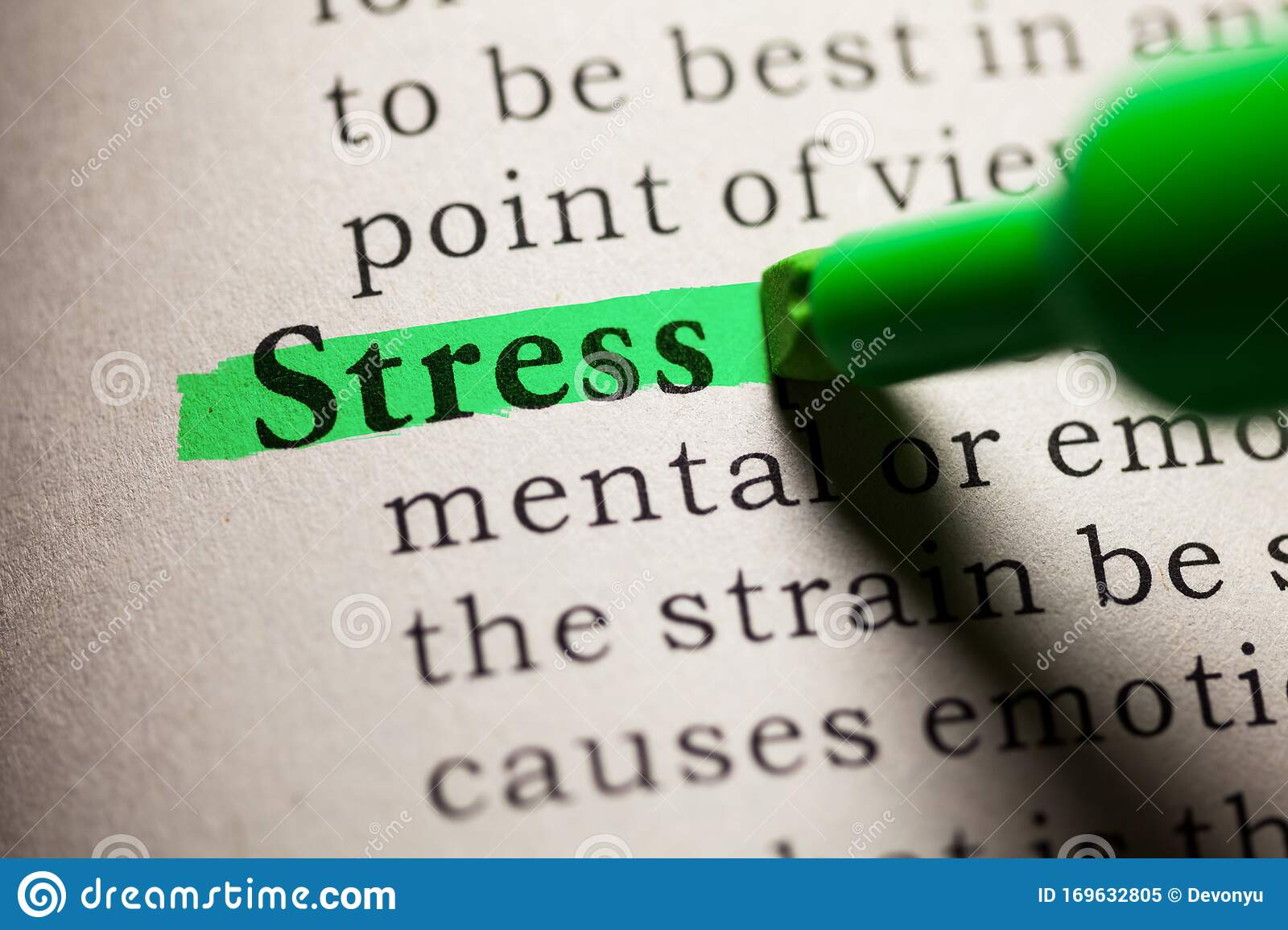
There are many strategies for the prevention of diseases. Some interventions are focused on early detection and treatment of diseases. Improved sanitation and clean drinking waters are other methods. Many diseases can also be treated if caught early enough. Policies, for example, can increase access to treatment or provide emergency powers to respond to epidemics. Regardless of the method used, the aim of prevention is to prevent disease and reduce its burden.
You can avoid most diseases by changing your lifestyle. You can avoid heart disease and cancer by eating healthier. While you cannot stop smoking completely or get more exercise, being healthy will make you less likely to get these diseases. It is important to have a healthy lifestyle and get enough exercise. Although it can be difficult to make lifestyle changes, it is worthwhile in the end.

Preventative medicine is the act of taking preventative action before a disease is identified. It includes the ability to understand the natural history of a condition and make interventions to reduce its frequency and prevalence in a given population. Modern epidemiological knowledge can help prevent and control the spread and transmission of infectious and degenerative disease. Public health education projects and prevention involve the diffusion of scientific knowledge, normative recommendations, and the promotion of healthy habits. It is a broader effort than ever to keep people healthy.
There are many strategies that can be used to prevent diseases. These measures are called "interventions" which can be divided into secondary, primary, and tertiary. Rehabilitation programs, for example, help injured workers return work or help them to retrain for a different career. Vocational rehabilitation programs, in the same way, help those with disabilities return to work and retrain them to be safe. There are many ways to prevent illness. These are affordable and effective and can dramatically improve your health.
Public health policy has a key goal: to prevent environmental factors and diseases. Numerous countries have developed health care systems that encourage prevention of diseases and improve health. You can implement a population-based screening program by investing in a quality primary care system. The goal of the screening program is to improve health, and prevent disease. This is known as disease prevention. The Prevention of diseases and the Prevention of Environmental Hazards

The prevention of diseases requires a transformative world view and far-reaching changes in knowledge. The concept of health is an individual's ability to live an active and healthy life. Health promotion aims to improve a person's ability to live, and to prevent them from falling prey to the unhealthy ends of the spectrum. Many health promotion actions are also designed to prevent disease.
FAQ
Which exercise is the best for men?
It all depends on your goals. Cardio exercises are great for anyone looking to lose weight.
For those who want to gain muscle mass, strength training will be a better option, as it increases your lean body mass.
Both types can be used to improve your overall wellbeing.
I recommend HIIT, or sprint interval training, if you want fast results. This type is great for burning fat fast by increasing metabolism. This type of training also increases your endurance, allowing you to train even when you are tired.
What's the best workout for men over 40?
Older men often have more energy and stamina when they exercise.
It is important for you to know that over 40s experience a reduction in testosterone which can lead to lower sex drive.
However, this doesn't mean you cannot still enjoy physical activity. There are many studies that show regular aerobic exercise can raise testosterone in some men.
If you are looking to improve your sexual performance, an aerobics workout is the best option.
Do Men Need A Gym Membership?
Men do not need a gym membership. However, your money will be more valuable if you join a gym.
Most gyms offer free trial members, which allows you to use the facilities without paying anything.
The gym is open to all, and you don't have to pay anything. You can cancel or modify your membership anytime you feel you don't like it.
Are There Any Benefits Of Doing Yoga?
Yoga has been popular since ancient times. Celebrities and ordinary people love yoga.
Yoga is great because it strengthens your muscles as well as stretches them. It calms you down and relaxes you.
The primary difference between yoga and other forms is the focus on breathing techniques in yoga.
For balance and flexibility, there are many poses you can do.
Egg is good for you?
The egg contains all the nutrients required by the human body. It aids in maintaining strong bones, healthy hearts, and lungs, as it also maintains stable blood pressure.
Eggs are a great source of protein, vitamins A and B12, D. E. K, calcium, magnesium, selenium and riboflavin.
The cholesterol content of egg yolks is high. However, it does not contain saturated fat. Eggs have less saturated fat than many other foods.
In addition, they are low in sodium and calories. Because they can be cooked in almost any way that you wish, they are versatile. You can cook them in many ways, including poaching, boiling, hard-boiling, baking, and scramble.
They are very healthy and simple to make.
At least two whole eggs should be consumed each day. You don't have to eat eggs.
Essential nutrients are provided by eggs. Try adding them to your daily diet today.
What Is The Best Way To Lose Weight?
It can be difficult to lose weight. Many people give up because they don’t know what else to do.
But there are steps you can follow to shed extra pounds.
You must first ensure that you are consuming fewer calories than what you burn. If you consume more calories than what you burn, you will gain weight.
For all of those extra calories to be burned, it is important that you exercise regularly. You have the option of doing jogging or walking or cycling, as well as dancing.
Third, quit smoking cigarettes and alcohol. These habits can cause you to consume more calories that you would otherwise.
Fourth, cut down on junk food and fatty foods. They can be replaced by healthier options, such as fruits and vegetables, lean meats or whole grains, legumes, seeds, beans, and nuts.
Fifth, you should change your lifestyle to adopt new habits. You may have to get up before the rest of the world to exercise.
Sixth: You must be disciplined, and you must follow your diet plan.
Finally, you have the option to join a gym and take part in an aerobics session to burn off those extra calories.
By following these simple tips, you will soon begin to notice results.
Statistics
- Candidates and applicants must pass all four tests at 70% (minimum level) to graduate from Basic Deputy U.S. Marshal (BDUSM) Training. (usmarshals.gov)
- According to the American Heart Association, blood pressure should be checked at least once every two years, beginning at age 20. (my.clevelandclinic.org)
- 10 pounds in a month is likely during a lean bulking phase, especially for beginners. (muscleandstrength.com)
- Are You One of the 20% of Guys (mh.co.za)
- An estimated calorie range for moderately active adult males falls between 2,200 to 2,800 calories per day, depending on age. (eatright.org)
External Links
How To
How can I exercise to burn fat?
Exercise burns calories by increasing metabolism and oxygen consumption.
You'll lose weight safely if you exercise at moderate intensity.
These are the top tips for burning fat while you exercise.
-
Cardio exercises like walking, running (or jogging), swimming, cycling, running, and/or elliptical training are all good options.
-
For 30 minutes, do it three times a week.
-
Add strength training to your workouts if you are looking to lose more weight.
-
Avoid intense training. It is possible to build muscle without destroying muscle tissue.
-
Hydrate well during exercise. Water flushes out toxins, and keeps your body properly hydrated.
-
Choose low-fat protein shakes after working out. Protein shakes repair muscles and increase energy.
-
Take smaller meals throughout each day to avoid feeling hungry.
-
Don't skip breakfast! Skipping breakfast can leave you feeling tired and sluggish.
-
Mental health is important. Stressful situations can affect your metabolism.
-
Keep a positive attitude. Research shows that overweight people gain more weight if they believe they are overweight than those who believe they look good.
-
Get enough sleep. Lack of sleep makes it harder to burn fat.
-
Be active. Get up every hour and get moving.
-
Maintain a healthy diet. Eating right keeps you feeling full and satisfied longer.
-
Find ways to relax. Tenseness can cause stress hormones to break down muscle tissue.
A balanced diet includes all essential nutrients needed for growth and development.
Instead of eating three large meals a day, eat six smaller meals every day. This gives your body more time to digest the food you eat.
You need about 500 milligrams of calcium daily to maintain strong bones. Calcium is found in dairy products like yogurt, fortified milk beverages, orange juices, cereals and bread.
Calcium comes from leafy green vegetables, beans, tofu, nuts, seeds, and cheese.
Vitamin D is necessary for the body to absorb calcium. Vitamin D can be found in egg yolk, fatty fish, and other fortified foods.
Vitamin E is vital for your skin's health. Vitamin E can be found in vegetable oils as well as wheat germ oil, peanuts and almonds.
Zinc is essential for healthy immunity and wound healing. Zinc is found in oysters, legumes, meats, whole grains, and seafood.
Zinc deficiency may cause fatigue, loss appetite, depression, and impaired immunity.
Consuming too much sugar can cause insulin resistance. This causes an increase in blood glucose levels. Insulin resistance is linked to weight gain.
High levels of free radicals can lead to insulin resistance. Free radicals are molecules with unpaired electrons that damage cell membranes and other parts of the body.
Food additives, pesticides and herbicides, as well as preservatives, smoking and radiation are all sources of free radicals.
Free radicals can lead to cancer and heart disease, diabetes mellitus, arthritis, asthma, and premature aging.
The best way to avoid free radicals is to eat a balanced diet high in antioxidants. Antioxidants protect against oxidative damage.
Vitamin C (found on citrus fruits), Beta carotene, found in carrots and sweet potatoes, spinach and broccoli, cantaloupe (found in tomatoes, mangoes and peppers), and Vitamin E (found nuts, olive oil and avocados).
Other antioxidant nutrients include selenium, copper, manganese, and zinc.
Selenium helps protect cells from oxidative damage caused by free radicals. Selenium may be found in Brazil nuts as well tuna, liver and kidneys. It can also be found on shrimp, cod, turkey, beef lamb, pork, chicken, and other foods.
Copper protects your eyes, brain, eyes and red blood cell. Copper is found in shellfish, poultry, meat, and organ meats.
Manganese forms an essential part of bone structure. Manganese may be found in brown rice or spinach, bananas and prunes as well raisins, oatmeal and lentils.
Zinc helps with normal growth, reproduction, as well as wound healing. Zn is found in lean cuts of meat, white fish, poultry, and eggs.